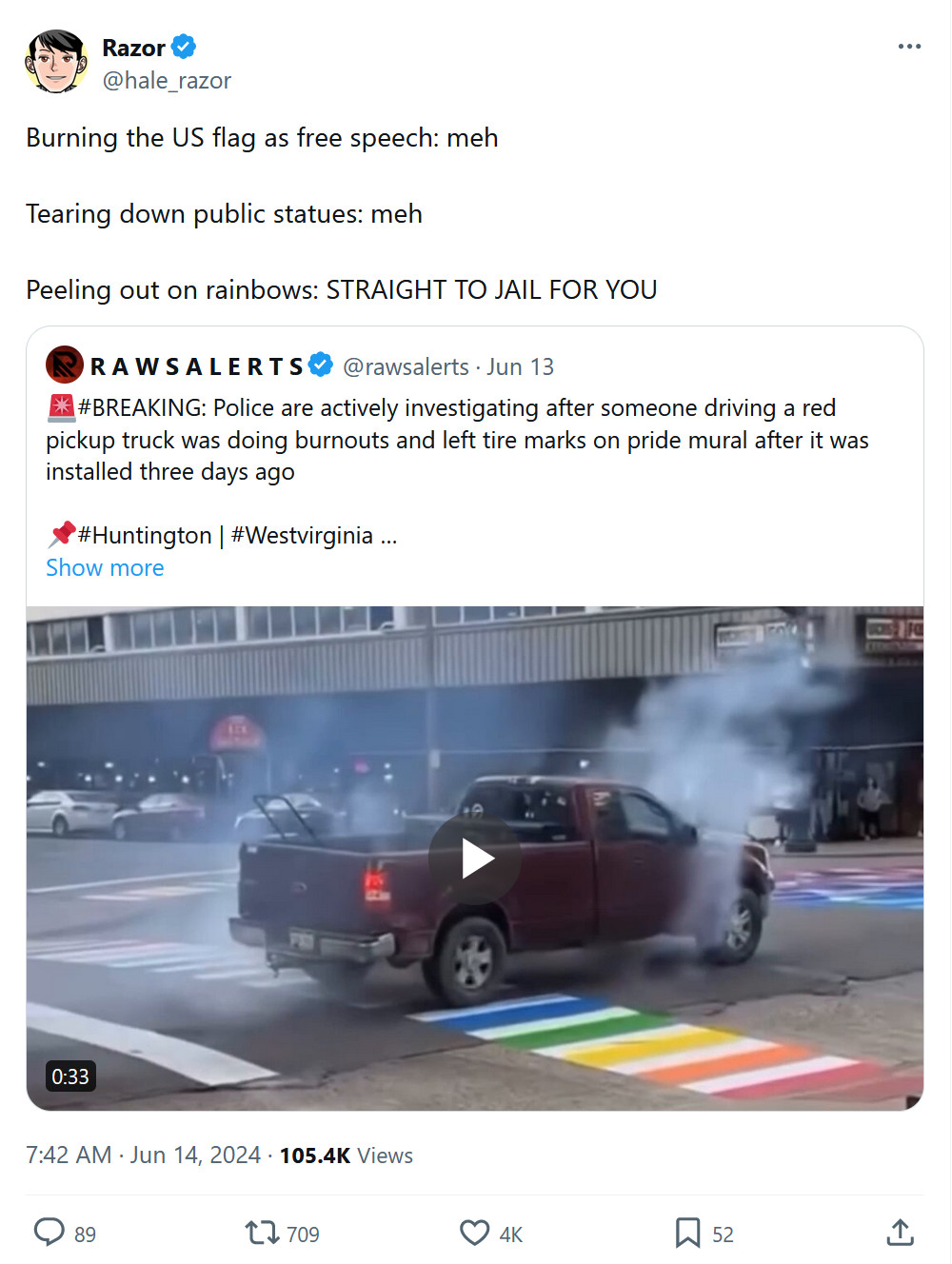JOSH HAMMER: How to lock up those nasty pro-Hamas and Gaza protestors.
Jews have been terrified; one Jewish parent at Columbia, withdrawing his freshman daughter in April, analogized his experience to evacuating a refugee from a war zone.
Perhaps colleges and city centers will see a brief respite, as would-be revolutionaries jet off for summertime gigs at tony investment banks or do-goody nonprofits.
Such a respite would be nice.
But one would still be forgiven for asking the obvious question — which I’ve pondered often as a former law clerk on the US Court of Appeals and a frequent law school speaker: Why are none of these “protesters” in jail?
To ask the question is to answer it. Or as Andy Ngo wrote last year: Who funds Antifa protests? We all do.
Nearly every American city afflicted by mass protesting and rioting in 2020 ended up settling and paying out millions in taxpayer money to radical protesters who were allegedly subjected to force by law enforcement.
Denver settled to pay $1.6 million to just seven people.
Austin settled to pay $17.3 million.
The cities, led by Democrats, don’t even bother to fight the cases, preferring to write a check.
The settlement cash doesn’t just end up rewarding the protesters, awarded inflated attorney fees are used to reinvest in the legal groups to grow the operation for the next cause. Additionally, law enforcement morale declines as they are punished for doing their jobs.
But lawsuit settlements aren’t the only way that militant protesters and riot suspects get paid.
I assume there’s a similar dynamic going on today: Welcome to protest season, where the cause changes but the tactics stay the same. “One year, statues are toppled and the next, Jews are bullied, but it’s amazing how the far-left treats such wildly diverse issues with the same small toolbox. It has ever been thus. As one radical wrote for a Students for a Democratic Society publication in the 1960s, ‘The issue is never the issue. The issue is always the revolution.’”
Besides, the authorities have invented much more severe crimes to prosecute these days:

